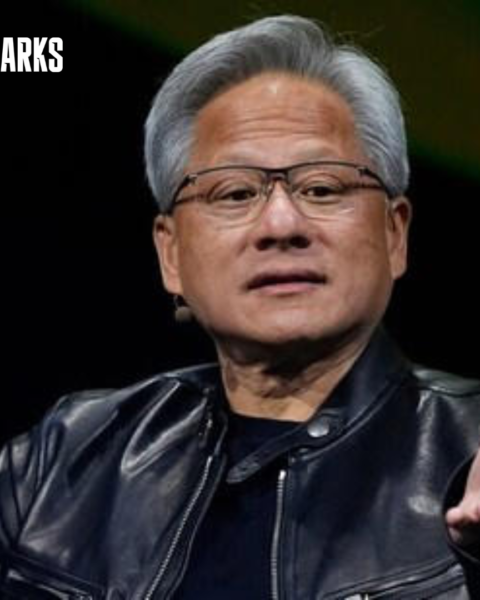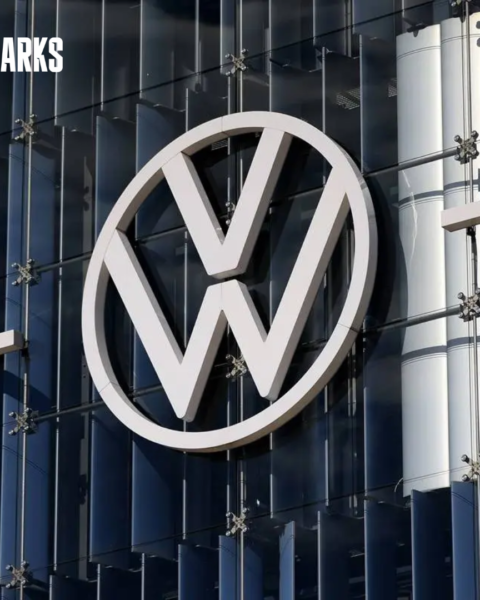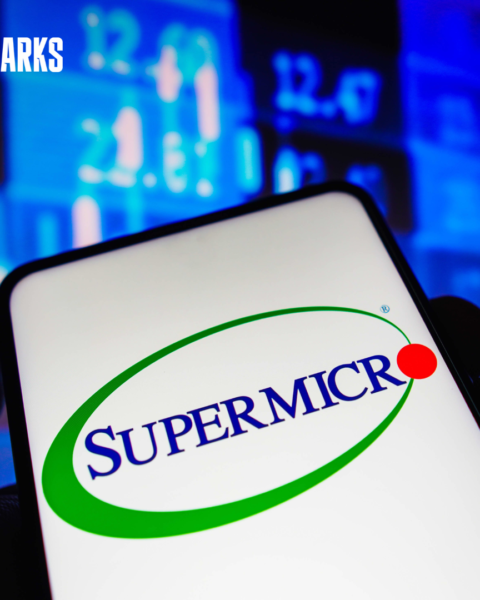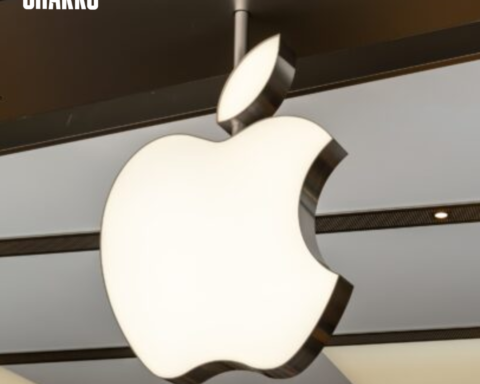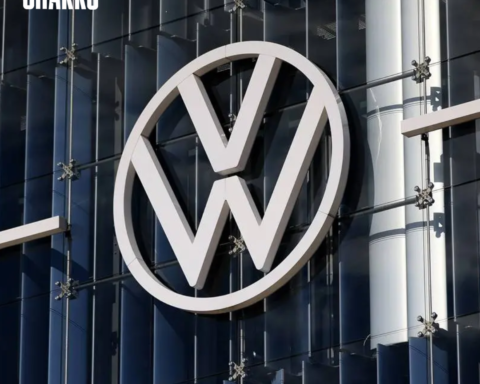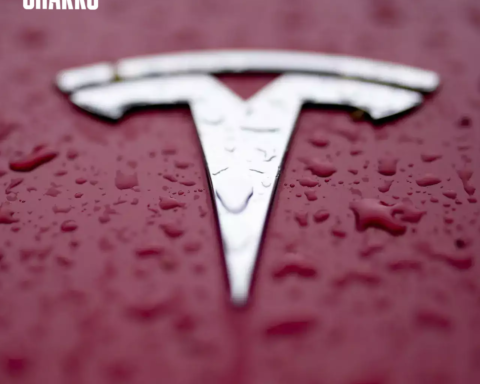Challenging Apple’s App Store commission fees: a legal battle unfolds

Apple’s bid to dismiss a case valued at about $1 billion was refused on Friday. A judge ruled that it must face allegations that it charged over 1,500 UK-based developers unfair commission costs on purchases of apps and other content.
In a landmark case filed at London’s Competition Appeal Tribunal (CAT) last year, Sean Ennis, a competition law professor and economist, is leading the charge against tech giant Apple. The lawsuit alleges that Apple imposed unfair commissions of up to 30% on developers using its platform.
The Allegations
Ennis’s legal team argues that Apple abused its dominant position in the market for app distribution on iPhones and other Apple devices, seeking damages for developers affected by the high commission rates.
While Apple contends that the majority of developers on its App Store pay no commission, regulators in the U.S. and Europe have intensified scrutiny of the company’s fee structure.
Regulatory Pressure
In response to mounting regulatory pressure, Apple has made concessions, such as allowing users in the European Union to download apps from alternative sources and implementing changes to its App Store policies in the U.S. following a legal battle with Epic Games.
Also read: EPIC’S COURT FILING CHALLENGES GOOGLE’S APP STORE PRACTICES
Legal Proceedings
During a hearing in January, Apple attempted to dismiss part of the case, arguing that developers could not claim damages in the UK unless they were charged fees specifically on purchases made through the UK App Store.
However, Judge Andrew Lenon rejected Apple’s bid, ruling that Ennis’s legal team had a plausible case that Apple’s conduct in overcharging developers constituted actionable behavior within the UK.
Ongoing Challenges
Apple is also contending with another lawsuit involving allegedly defective iPhone batteries, representing approximately 24 million iPhone users. This case, certified last year, adds to the legal challenges the company faces regarding its business practices and product quality.
Implications
The outcome of these legal battles could have far-reaching implications for Apple and the broader tech industry.
As regulators and consumers increasingly scrutinize the power and practices of major tech companies, these cases underscore the complexities of balancing competition, consumer protection, and innovation in the digital marketplace.
Share This
Tony Boyce is a seasoned journalist and editor at Sharks Magazine, where his expertise in business and startups journalism shines through his compelling storytelling and in-depth analysis. With 12 years of experience navigating the intricate world of entrepreneurship and business news, Tony has become a trusted voice for readers seeking insights into the latest trends, strategies, and success stories.

